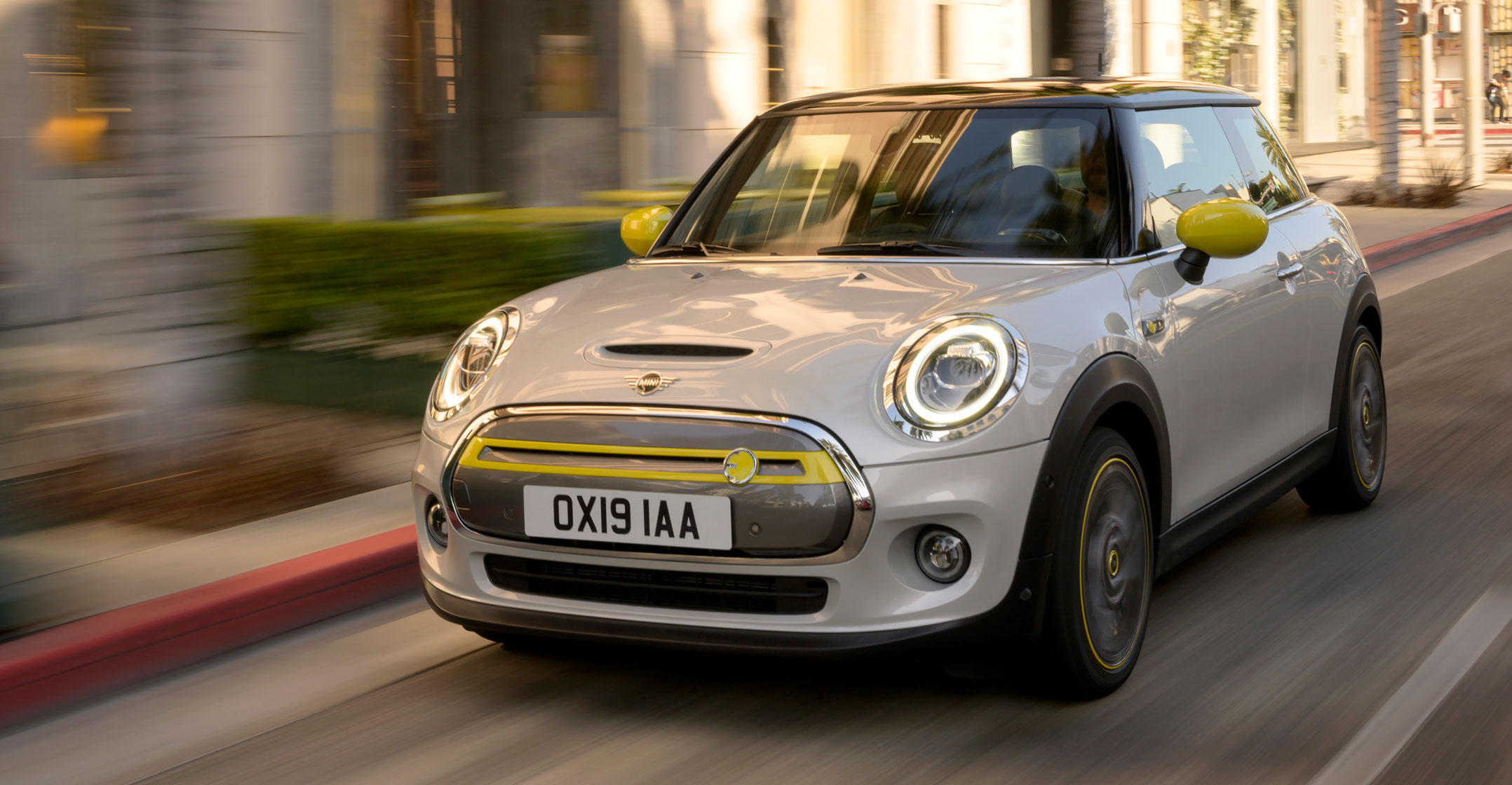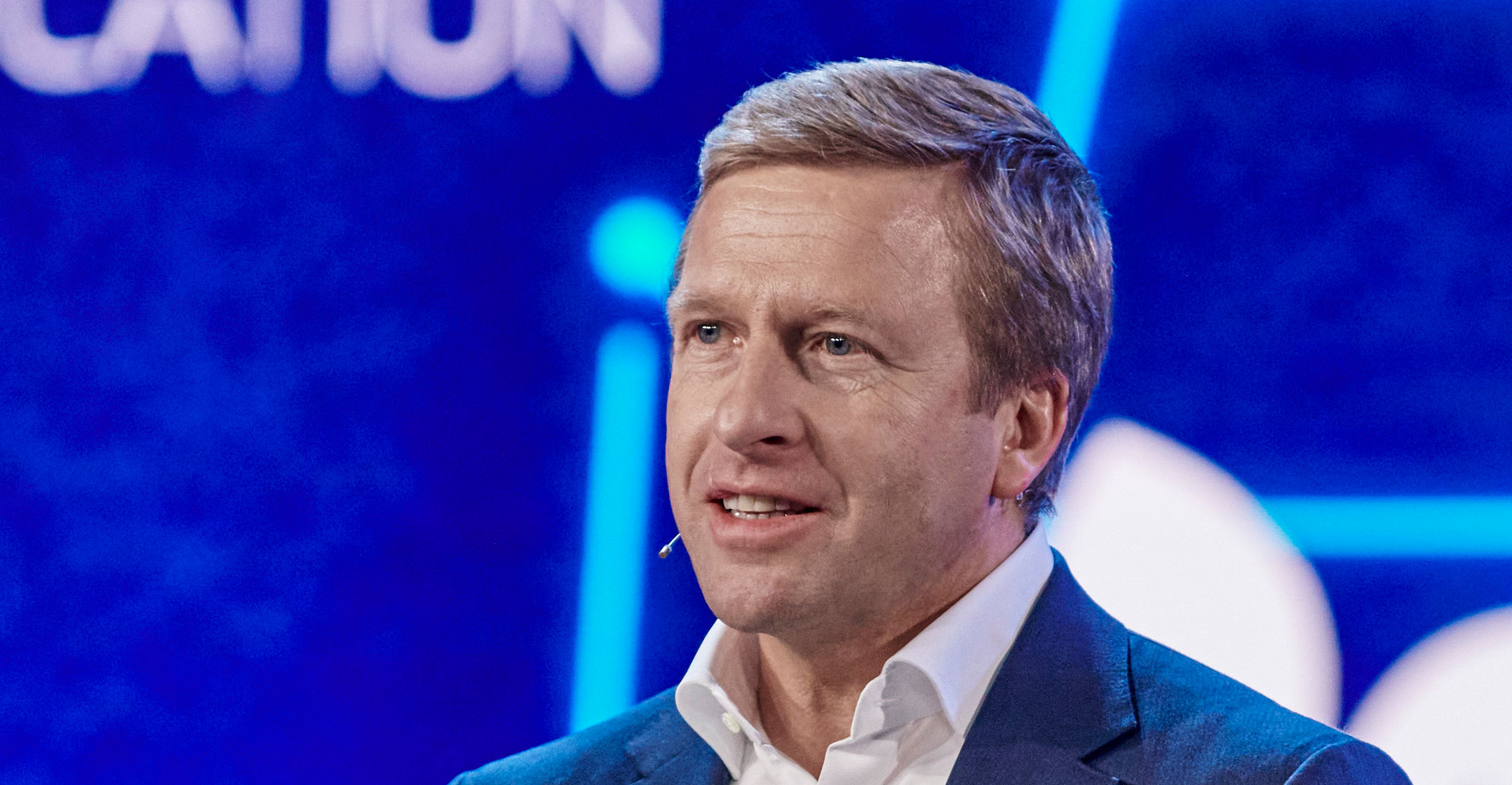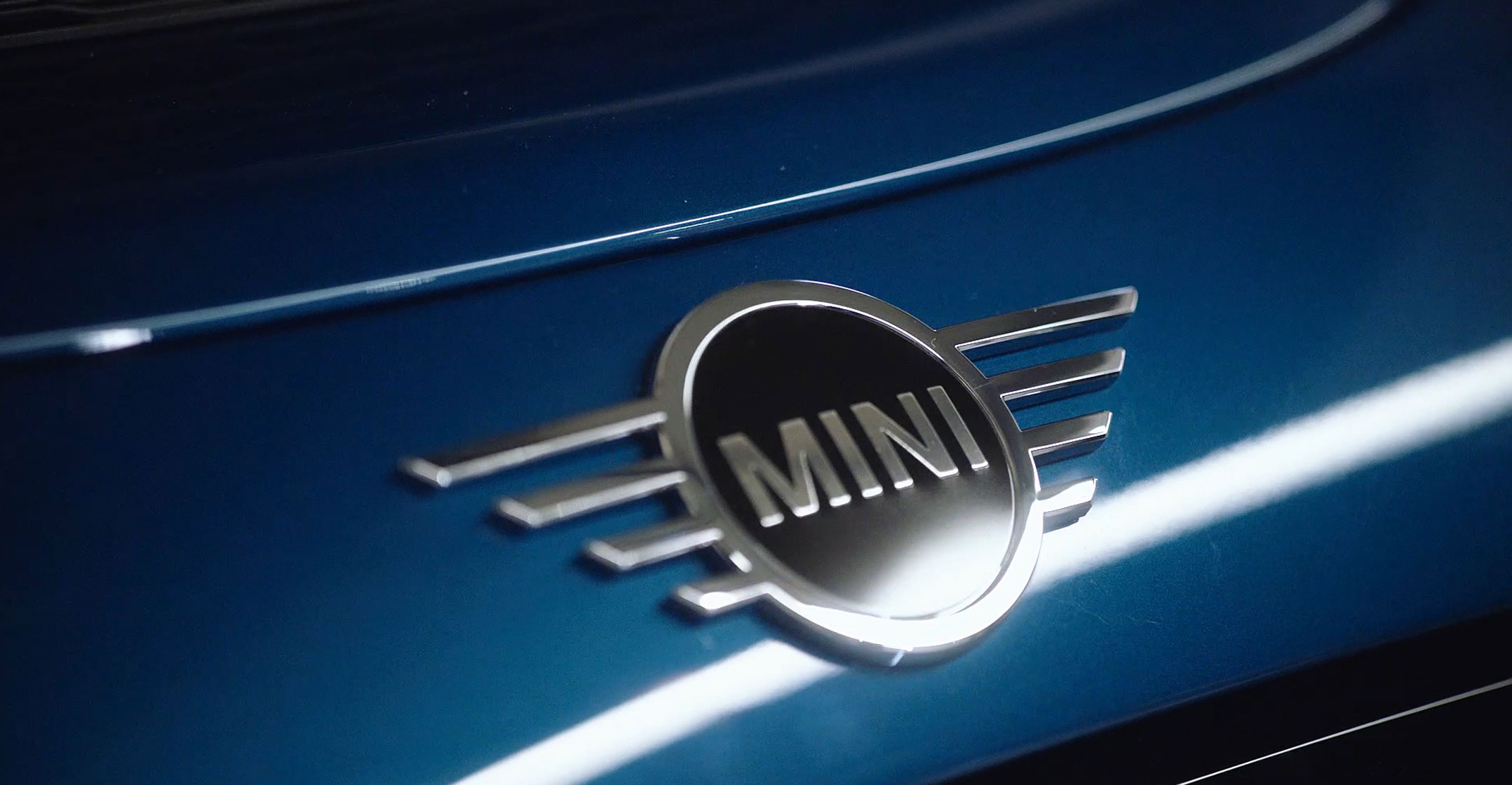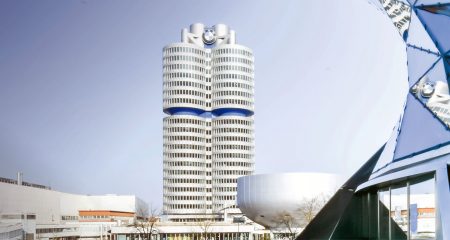 BMW’s “electromobility” drive is about to gain further momentum, with the German luxury vehicle manufacturer announcing it will release the last Mini model with a combustion engine variant in 2025 and Mini will be exclusively fully electric in the early 2030s.
BMW’s “electromobility” drive is about to gain further momentum, with the German luxury vehicle manufacturer announcing it will release the last Mini model with a combustion engine variant in 2025 and Mini will be exclusively fully electric in the early 2030s.
“We are electrifying BMW and picking up the pace of electromobility,” said BMW management board chairman Oliver Zipse on Wednesday.
The group has been producing BMW X3s at its plant in Rosslyn since 2018, the majority for export to Europe and 15 countries outside Europe. It appears the Rosslyn plant will require further investment to fully exploit the BMW Group’s electromobility drive.
BMW South Africa GM for group communications Diederik Reitsma said on Wednesday its production strategy is based on a flexible platform and the plant can produce petrol, diesel, hybrid and fully electric vehicles on the same X3 platform.
However, Reitsma said this requires investment and technical amendments to production layout, as well as changes in the supplier network. “Based on demand, and projected demand, we started production of iX3 last year, and it is produced in China. The X3 PHEV (plug-in hybrid electric vehicle) is produced in Spartanburg (Germany).
Electrification
“Based on future demand and normal production life cycles – normally around seven years – the company will decide to add other production facilities to produce BEV (battery electric vehicles) or PHEVs. For obvious reasons, it is unusual to change the production process during a life cycle. When an investment is made to change production or add a new model, it will often happen at the start of a new life cycle,” he said.
Reitsma said BMW South Africa’s current production outlook is positive and it is aiming for an increase in production in 2021 over 2020.
Zipse said BMW Group’s production network is swiftly and efficiently integrating electrification into its existing plant structure. However, he stressed that with BMW present in more than 140 markets globally, it is not realistic that the same technologies will prevail equally in every country at the same time. “That is why it does not make economic sense to pull certain offerings from markets which still enjoy demand.”

He said the fully electric BMW iX, with a range of up to 600km and short charging times, is the group’s innovative and technology flagship that will enable all future BMW vehicles. “We are driving the transformation the company needs to ramp up e-mobility at high speed. The BMW iX is a good example of our technology offensive – and there’ll be much more to come.”
Sales of BMW’s xEV (electric vehicles) are expected to grow by more than 75% compared to 2020 and by the end of 2021 BMW aims to have delivered more than a million EVs to customers since 2013. Zipse added that 2023 will be a key year for BMW in e-mobility, with 13 fully electric models on the roads.
“Positioning our BEVs in the high-volume segments will enable us to ramp up quickly and achieve swift market penetration. By 2023, we will already have at least one fully electric model on the roads in all key segments – from the compact car segment to the ultra-luxury class,” he said.
Zipse stressed that if demand in certain markets shifts entirely to fully electric vehicles within the next few years, BMW will be able to deliver. He said BMW will, by the end of 2025, have delivered a total of about two million fully electric vehicles to customers and will be growing its sales of fully electric models by well over 50%/year over the next few years.
However, Zipse said the automotive industry will only be able to meet the current and future mobility needs with an open-technology approach for all drivetrains, including e-fuels and hydrogen, which will be an alternative worldwide.
Market will decide
BMW management board member for development Frank Weber stressed it is not for BMW to decide about the end of the internal combustion engine, but rather the market. He said the ramp-up of electric driving depends a lot on the charging infrastructure and what kind of infrastructure will be available in individual countries.
“Therefore, we can only say that we have a degree of flexibility between electric and combustion engines so that we are both suited and can respond whether the end of the combustion engine comes sooner or later,” he said.
Zipse said the electromobility growth curve will continue to climb between 2025 and 2030 and BMW’s EVs will see average growth of more than 20%/year during this period. “To this end, we will be launching a radical new product offering in 2025. We call it – die Neue Klasse – the New Class,” he said.
 Zipse said the Neue Klasse is BMW Group’s global product offering for the markets of the future, adding the group see the Neue Klasse as a combination of an entirely new IT and software architecture, a newly developed electric drivetrain and battery generation, and a new level of sustainability geared towards a circular economy.
Zipse said the Neue Klasse is BMW Group’s global product offering for the markets of the future, adding the group see the Neue Klasse as a combination of an entirely new IT and software architecture, a newly developed electric drivetrain and battery generation, and a new level of sustainability geared towards a circular economy.
“By 2030, at least 50% of our global sales will be fully electric vehicles. Over the next approximately 10 years, we will be releasing a total of about 10 million fully electric vehicles onto the roads. How quickly each individual market gets there will depend on the availability of charging infrastructure,” he said.
- This article was originally published on Moneyweb and is used here with permission




